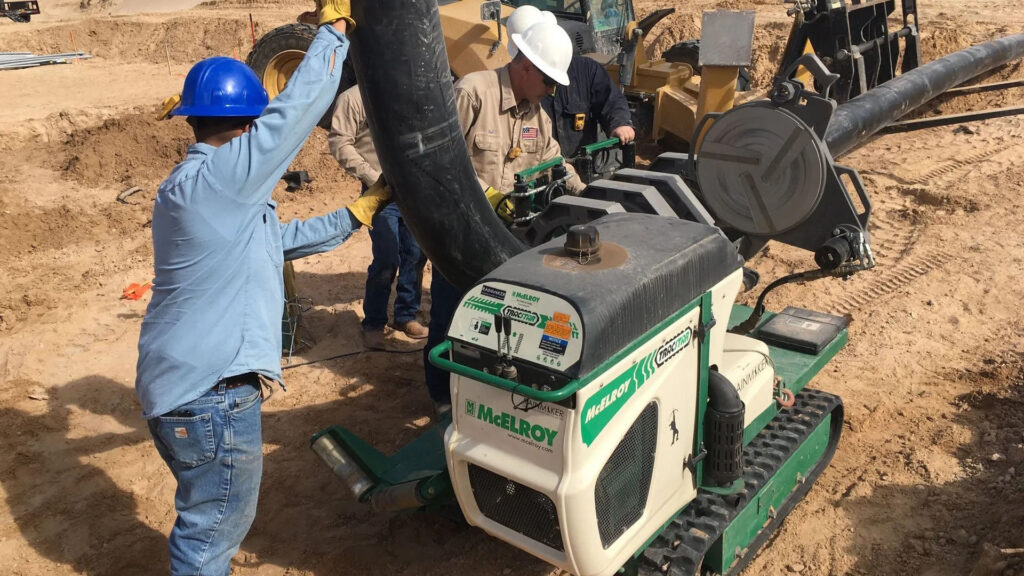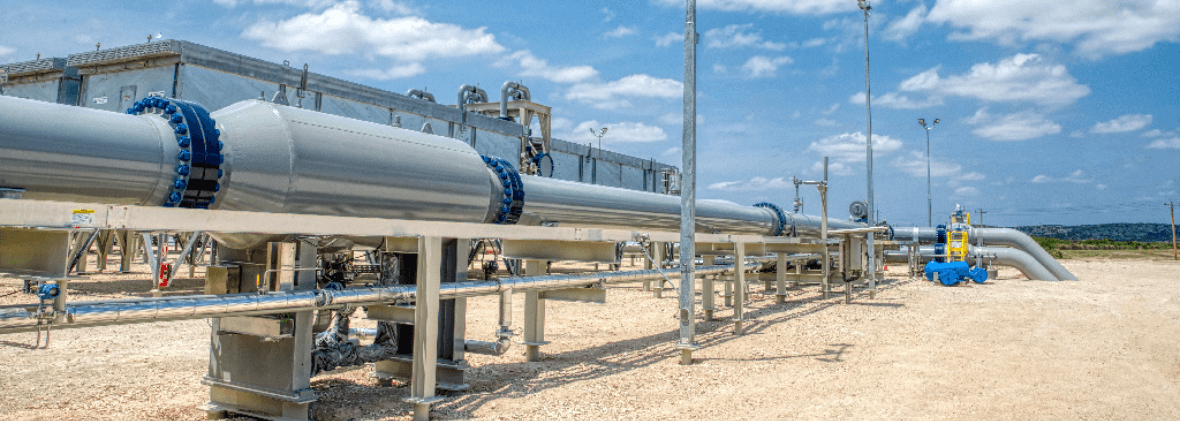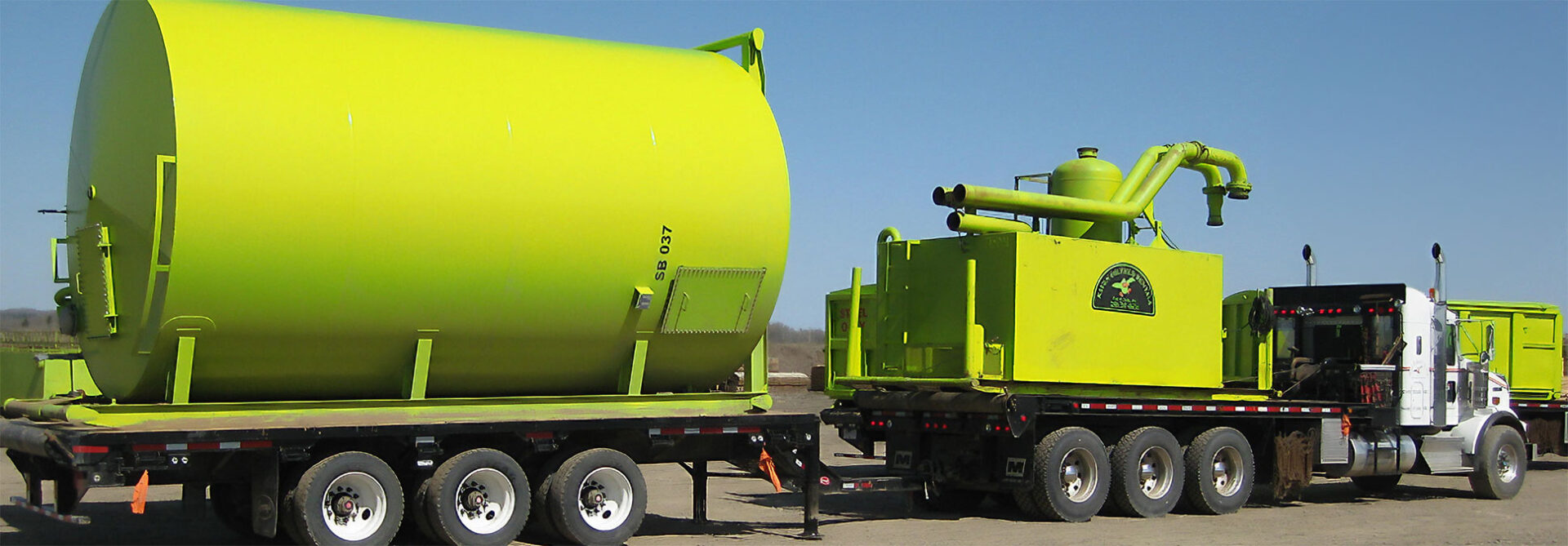Why Superior Oilfield Rentals is redefining oilfield efficiency
Wiki Article
A Comprehensive Guide to the Different Kinds Of Oil Field Equipment and Pipeline Equipment Available
The oil and gas sector counts heavily on specialized tools for effective removal and transportation. Different kinds of machinery, from piercing rigs to storage space tanks, play important roles in this complex process. Each tool offers distinctive features that contribute to general functional success. Understanding these parts is crucial for anyone associated with the field. As the market progresses, so also do the technologies that sustain it. What improvements are on the perspective?
Drilling Rigs: The Foundation of Oil Expedition
Drilling rigs function as the necessary equipment in the domain of oil exploration, enabling companies to gain access to hydrocarbon gets hidden deep below the Planet's surface. These rigs can be found in numerous types, consisting of land rigs, offshore rigs, and mobile systems, each designed to operate in particular settings. Outfitted with advanced modern technology, drilling rigs can penetrate geological developments with accuracy, guaranteeing efficient resource removal. The architectural integrity and functional capacities of these rigs are crucial, as they should withstand severe problems and substantial stress. Moreover, the selection of a boring gear impacts the general task cost and timeline, making it a crucial factor to consider for oil firms looking for to enhance their exploration initiatives and make the most of performance in their procedures.Pumps: Essential for Fluid Activity
In the oil extraction process, the duty of pumps is significant, assisting in the activity of liquids throughout various phases of production. Pumps are vital for delivering petroleum, water, and other fluids from below ground tanks to the surface area and after that through pipelines to refineries. They can be found in different types, including centrifugal, positive variation, and completely submersible pumps, each serving specific purposes based on the fluid features and functional needs. Centrifugal pumps are generally utilized for their effectiveness in high-flow applications, while favorable variation pumps succeed in taking care of viscous liquids. The selection of pump impacts total performance, operational safety and security, and maintenance expenses. Proper selection and maintenance of pumps are vital for enhancing production and reducing downtime in oil field procedures.Valves: Managing Circulation and Pressure

Shutoffs play a crucial function in handling the flow and pressure of liquids within oil areas and pipes. Various kinds of valves serve distinct applications, each created to meet particular functions basic for efficient procedure - Superior Rentals Contact. Comprehending the qualities and usages of these valves is essential for enhancing system performance and safety
Sorts of Valves
Essential components in oil field operations, valves play an important duty in regulating the flow and stress of liquids within pipes and devices. Various kinds of valves are used to meet the varied requirements of oil and gas manufacturing. Typical types consist of gate valves, which offer a straight-line circulation and minimal stress drop; world shutoffs, understood for their strangling abilities; and ball shutoffs, acknowledged for their quick on/off control. In addition, check valves protect against backflow, while butterfly valves supply a lightweight service for managing flow. Each shutoff kind is developed with particular materials and configurations to withstand the extreme problems often found in oil areas, making sure dependability and effectiveness in procedures. Understanding these types is essential for reliable system monitoring.Valve Applications and Functions
While different kinds of valves serve distinctive functions, their main applications focus on managing flow and pressure within oil and gas systems. Valves such as entrance, world, and sphere shutoffs regulate liquid movement, guaranteeing peak performance and safety. Gate shutoffs are typically utilized for on/off control, supplying very little circulation resistance. Globe valves, on the various other hand, offer specific flow policy, making them ideal for throttling applications. Sphere shutoffs are favored for their fast procedure and tight sealing capacities. Additionally, pressure relief valves are important for avoiding system overpressure, guarding equipment integrity. Overall, the proper choice and application of valves boost operational performance, making sure the trustworthy transport of oil and gas with pipes and handling centers.Compressors: Enhancing Gas Transport
Compressors play a vital role in the effective transport of gas, making sure that it moves smoothly through pipes over fars away. These tools enhance the pressure of gas, allowing it to overcome friction and altitude modifications within the pipeline system. Furthermore, compressors facilitate the balancing of supply and need, fitting fluctuations in intake and production prices. Different types of compressors are utilized in the industry, including centrifugal, reciprocating, and rotary screw compressors, each offering distinctive advantages based upon the functional needs. Normal upkeep of these compressors is important to optimize performance and lessen downtime, eventually adding to a dependable gas transportation network. Their critical feature emphasizes the value of compressors in the general oil and gas infrastructure.Storage Tanks: Safe and Effective Liquid Administration
Reliable transportation of gas relies on various support group, among which is the appropriate management of storage space tanks. These storage tanks play a vital function in securely having liquids, ensuring that operational effectiveness is maintained while decreasing ecological dangers. Built from sturdy products, they are designed to endure high stress and harsh aspects. Properly sized and strategically situated, tank facilitate the smooth circulation of gas and various other fluids, stopping traffic jams in supply chains. Regular maintenance and monitoring are crucial to spot leakages or structural concerns, promoting safety and security and compliance with regulatory criteria. Inevitably, the effective management of storage space tanks is important for the overall integrity and integrity of the Superior Oilfield Rentals oil and gas sector's fluid handling systems.
Pipeline Solutions: Facilities for Transport
Pipeline systems act as the backbone of the oil and gas sector, assisting in the efficient transportation of hydrocarbons over substantial distances. These systems include various elements, consisting of pipes, valves, pumps, and compressors, all meticulously developed to ensure smooth flow. The materials utilized in pipeline building and construction, typically steel or high-density polyethylene, are picked for sturdiness and resistance to deterioration. Pipeline networks can cover throughout land and water, attaching manufacturing sites to refineries and distribution. Furthermore, advanced modern technology makes it possible for real-time monitoring of flow rates and pressure levels, boosting operational performance. The tactical positioning of these pipelines decreases environmental effect while maximizing source accessibility, thus playing an important duty in meeting energy demands around the world.Safety Equipment: Making Certain Worker and Environmental Security
The procedure of pipeline systems, while important for power transport, also provides substantial safety and security difficulties for workers and the environment. Safety equipment plays a significant role in alleviating these dangers. Personal protective equipment (PPE) such as helmets, handwear covers, and non-slip footwear safeguards employees from physical dangers. Furthermore, gas discovery systems keep track of for leakages, making certain that dangerous materials do not pose a hazard to workers or the bordering environment. Emergency situation shutdown systems are critical for quickly stopping procedures throughout a situation, protecting against possible calamities. Spill control materials, including absorbents and barriers, are basic for lessening ecological impact. On the whole, buying all-encompassing security equipment is essential for preserving functional honesty and safeguarding both employees and the atmosphere in the oil and gas sector.
Frequently Asked Questions
How Do I Choose the Right Oil Field Equipment for My Job?
Selecting the ideal oil field equipment entails examining task requirements, budget restraints, and operational requirements. Consider elements such as equipment dependability, compatibility with existing systems, and the provider's track record to assure peak performance and safety and security.What Are the Maintenance Requirements for Oil Field Equipment?
Upkeep requirements for oil area tools include normal inspections, lubrication, and prompt repairs. Operators ought to additionally stick to maker guidelines, monitor efficiency metrics, and warranty compliance with safety regulations to boost durability and efficiency.
How Can I Guarantee Conformity With Environmental Rules?
To guarantee compliance with ecological laws, companies should carry out normal audits, apply best methods, spend in training, preserve appropriate documents, and remain upgraded on legislation (Superior Rentals midland). Partnership with ecological companies can likewise improve adherence to policiesWhat Is the Typical Life Expectancy of Pipeline Equipment?
The typical life expectancy of pipeline devices typically varies from 20 to 50 years, depending upon elements such as material quality, environmental conditions, and upkeep techniques. Routine assessments can considerably influence durability and functional efficiency.Just how Do I Securely Carry Oil Field Equipment to Remote Locations?
Carrying oil field equipment to remote locations requires careful preparation, consisting of path assessment, securing authorizations, utilizing suitable vehicles, and making certain safety and security procedures are followed. Correct training and interaction among crews are crucial for effective transportation.Report this wiki page